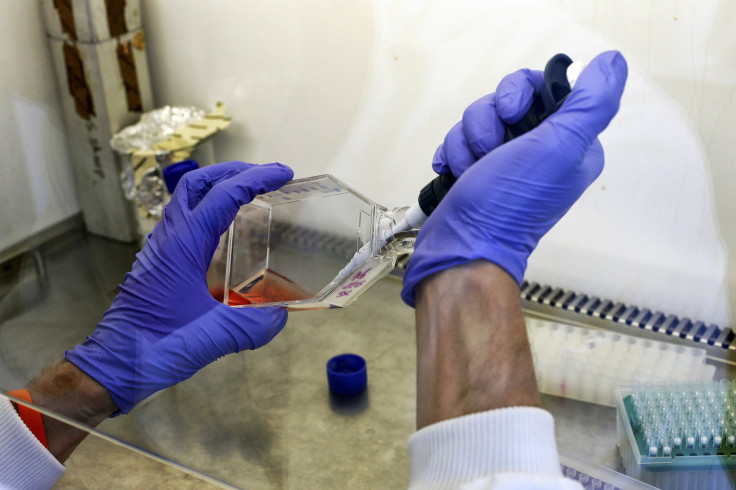Scientists discover colon cancer fighting molecule in cotton seeds

A naturally occurring compound in the cotton plant, gossypol, is going through the early phase of clinical trial for prostate cancer.
A team of researchers at The University of Kansas Cancer Center is trying to find a drug that could control disable protein Mushashi, which is overexpressed in many types of cancer, especially colorectal cancer.
It is believed that Mushashi causes abnormal cells to divide and grow into tumours. In addition, it is linked to cancer stem cells, which can grow into cancer cells in almost all the parts of the body. The research team thinks that recurring cancer are a result of hidden cancer stem cells that return back after months or years.
Since a majority of successful recent cancer drugs inhibits the action of certain proteins, the research team is looking for a specific drug or compound that could inhibit the Mushashi protein and thus control the spread of cancerous cells.
The research team is, therefore, looking at certain compounds that inhibit Mushashi and can be easily turned into drug compounds. The challenge seems difficult, since the entire inhibition process involves RNA-binding proteins that need specific drugs for inactivation.
In a recent paper published in the journal Molecular Oncology, the research team claims identifying a compound which is a byproduct of cotton. The compound, called gossypol, is currently being analysed in Phase I of the clinical study of prostate cancer.
"A lot of cancers, involve protein and protein interaction, which is like shaking hands with someone," explains Dr. Liang Xu, in a press statement. "This is a very broad interaction, especially when you want to find something small that will block the two hands from shaking, so to speak. Musashi, however, is an RNA-binding protein, which is like a hand trying to grab a string. A much smaller target for which it is much more difficult to design a drug."
Further testing and research conducted by the team revealed that gossypol directly attacks RNA binding pocket of Mushashi. That is, it has the potential to target the protein, which specifically lead to cancer and get rid of the abnormal cells, without damaging the surrounding healthy cells.
Gossypol works by inhibiting the cell division and promoting abnormal cell death in colon cancer cells. Even though the research is still in the initial phase, the team is positive over the results obtained so far.





















